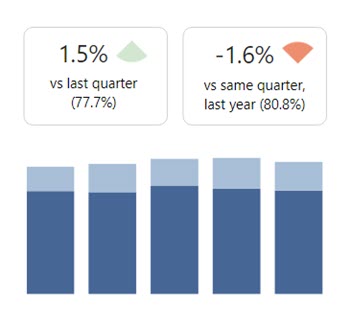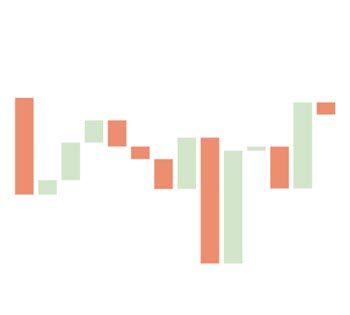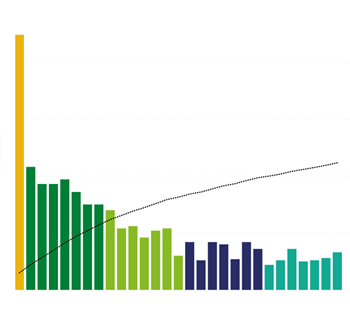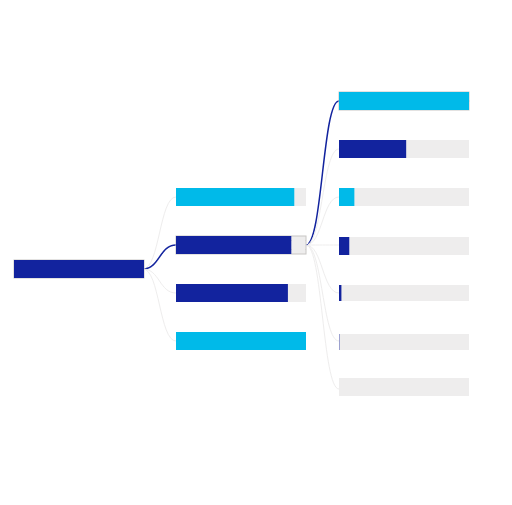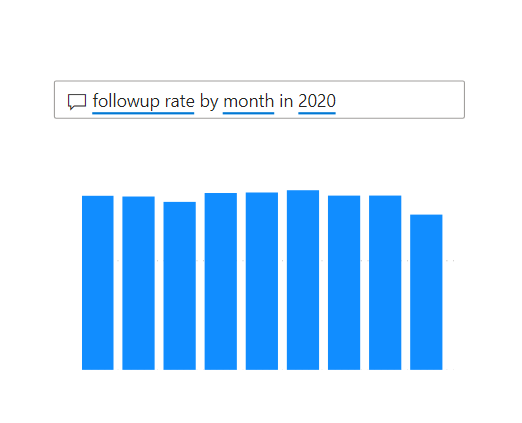Acute inpatient 28-day readmission, or 28-day readmission, indicator dashboards measure the percentage of tāngata whai ora who return to inpatient mental health services within 28 days after discharge.
Why
People experiencing mental health challenges can experience various issues following their transition from an inpatient service to their community (Sather et al., 2018; Tyler et al., 2019). Around 16 percent of people leaving inpatient mental health services are readmitted within 1 month and 40 percent are readmitted within 1 year (Kripalani et al., 2014; Madi et al., 2007; Mark et al., 2013; Wheeler et al., 2011).
People may not have received adequate support, continue to experience high levels of distress, have issues with taking medication, be unprepared for community living, have limited community or whānau support, and experience challenges in accessing culturally responsive services (Adeponle et al., 2009; Donisi et al., 2016; Durbin et al., 2007; Gunnell et al., 2008; Haselden et al., 2019; The Key Performance Indicator, Mental Health and Addiction Services Aotearoa New Zealand, 2021; Tulloch et al., 2016; Vigod et al., 2013; Zhang et al., 2011).
Readmission may therefore indicate unmet needs for people discharged from an inpatient mental health unit. Addressing readmission is critical in ensuring tāngata whai ora (people seeking wellness) are supported to live well in the community following discharge, and to make efficient use of service and staff resources. Click here to read more evidence about this indicator.
Populations
The 28-day readmission indicator dashboards are built using criteria specific to adult populations (20-64 years), but also provides age filters for child and youth (0-19 years) and older people (65 and over), where this data is reported by services into PRIMHD. Click here to learn more about PRIMHD.
All KPI Programme indicators provide demographic information by age, gender and ethnicity.
Data available through December 2024, sourced from the 26 March 2025 refresh of the PRIMHD DataMart.
Please note:
- Tairāwhiti has lower volumes from July 2023 to March 2024 and very few inpatient discharges since September 2024
- Nelson Marlborough has lower volumes from January 2025
If you have any improvement ideas or feedback please email us at mhakpi.health.nz


 Login / Register
Login / Register Search
Search Menu
Menu